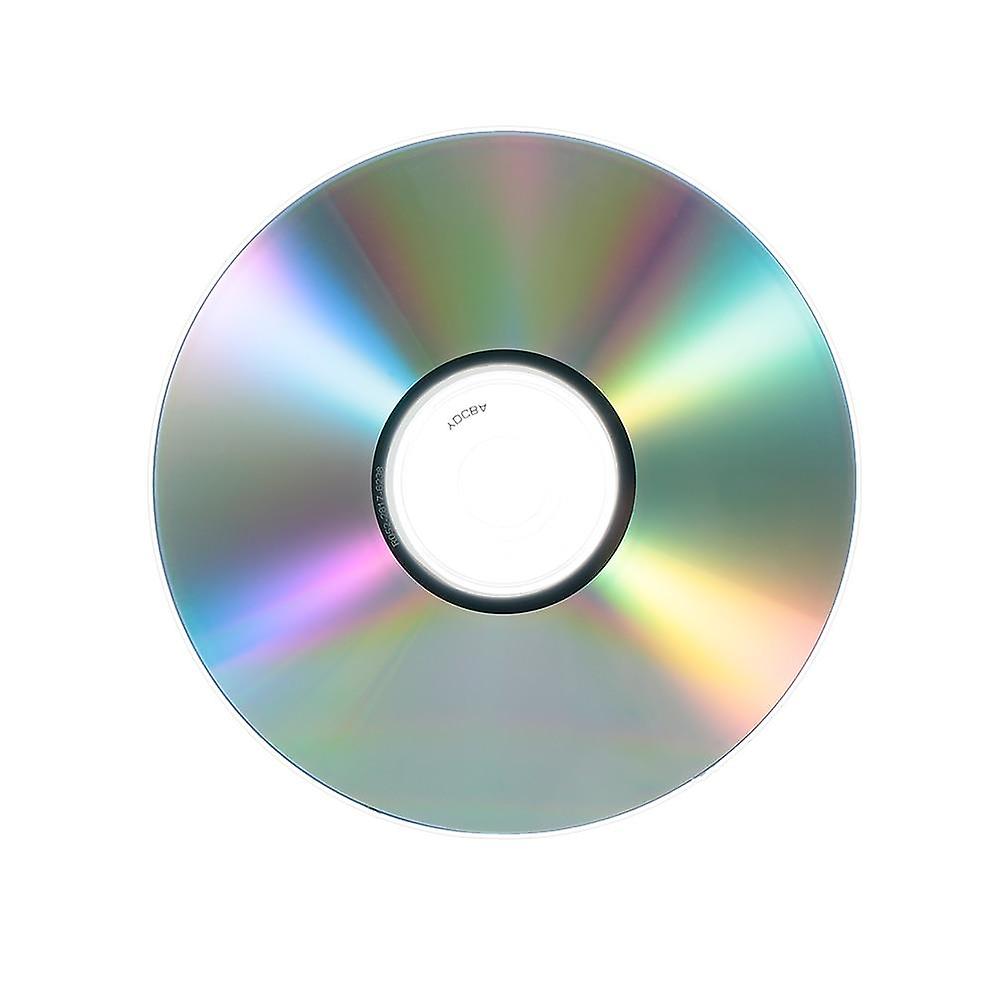Here I am at Walmart, elbow-deep in decades of movies as other shoppers wheel by without so much as a glance. The bin, about four feet tall, is overflowing with DVDs, to the point where I have to start piling them up on one side just to get anywhere near the center. I’m picking out the movies I’m going to indulge in over the weekend, shuffling through copies of Sonic the Hedgehog, an all-in-one Ben Affleck movie collection, Gremlins, and a hodgepodge of other flicks.
I pull out some old films I’ve never gotten around to watching, like The Ring and the Crank collection (yes, I know I’m behind), and toss them into my shopping cart. The variety in Walmart’s DVD bin is seemingly endless: and for a price of about $5 per disc that you can hang onto forever, you can’t really go wrong. (So long as you don’t care about the highest-quality viewing experience.) The movies will soon make their way into my PlayStation 4 and will hopefully save me from having to pick something out on a streaming app. Walmart isn’t the only place I’ve started looking for DVDs, either. Thrift stores, flea markets, the library, and even my local mall’s FYE have also become places I frequent to get my hands on oft-ignored discs.
After spending years reassuring myself that I don’t need physical copies of movies because of streaming, DVDs have officially reentered my life.
There’s just something far simpler about sifting through a mountain of DVDs that I can pick up and hold in my hands, as opposed to flipping through the thousands of movies across the several different streaming services I’ve subscribed to. Plus, unlike streaming, the cost of DVDs is only going down. I also don’t have to worry about triggering auto-playing trailers when I just want to read the synopsis on the back of the case, and I’m certainly not stuck staring at a screen for hours as I exhaust myself with too many choices. The pile of movies at Walmart is another form of chaos, but it’s the one I’d rather deal with.
…
The overwhelming amount of content isn’t the only thing that’s giving me streaming fatigue; the cost of having a digital library available has also become a factor. Within the past year, nearly every streaming service has raised its prices, including Netflix, Disney Plus, Hulu, Paramount Plus, Discovery Plus, and Apple TV Plus. Not to mention that Netflix is cracking down on password sharing, which means I can’t even leech off of my parents’ subscription anymore.
…
It’s not just the cost of streaming that I have to worry about, either. Last year, I nearly exceeded my ISP’s data cap after I downloaded Baldur’s Gate 3 and kept up my heavy streaming habits. That was all the more reason for me to invest in DVDs.



I just bought a PC to try my hand with Linux so it is just an app from the software manager. Haven’t gotten around to understanding docker yet.
What exactly did you install? Depending on the OS and its software center, you could have installed the Jellyfin client or the Jellyfin server.
I don’t know what you know, so forgive me if this is overly simplistic.
Regardless of which you installed, one is useless without the other. Getting Jellyfin set up starts with the server which can be installed and setup a number of different ways.
If your goal is to set up a media server so you can watch your media on different devices and platforms, then Jellyfin is a good option for this.
If your goal is to watch media on the pc you bought, and you don’t care about watching it on other platforms or devices, then you’d be better off with something like VLC which you can use to watch/listen to media files on that computer.
If the goal is a media server the next question is, do you plan on using the pc as a server for more than just Jellyfin? If the answer is no, you just want Jellyfin, then installing the server from software center, flathub, or whatever cli package manager your distribution uses will be fine and setup should be relatively simple.
If you plan to use the pc as a server for a number of different pieces of software, getting familiar with Docker and containerization is a good idea, in which case I’d point back to the video I linked in my previous comment.
If you want more details on any of this I’m happy to elaborate. I’m no expert, but I’m happy to share what I’ve learned, and the resources I’ve used to learn.